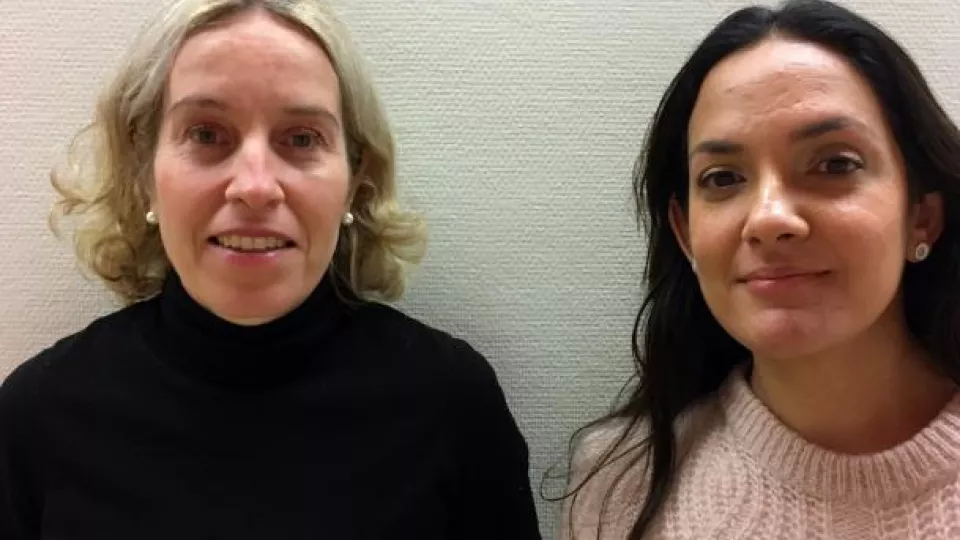“Relapse of the condition is more common following the new treatment method using keyhole surgery, which for one-third of patients will lead to planned bowel operations. However, far fewer patients require ostomies,” says Pamela Buchwald, associate professor at Lund University and senior physician at Skåne University Hospital, Malmö, who led the study from Malmö.
The study was led by researchers from Lund University and Norwegian researchers within the framework of the SCANDIV study – a multi-centre study involving 21 Swedish and Norwegian hospitals, including Skåne University Hospital in Malmö. The SCANDIV collaboration includes studies on alternative treatment strategies for complicated diverticulitis.
This particular study involved 145 patients, with 74 being randomly assigned to receive keyhole surgery to irrigate the bowel (laparoscopic lavage) and 71 receiving traditional bowel surgery. Researchers followed-up on all except three patients over a five year period.
The results showed that serious complications such as death and additional surgeries were similar for both groups. Ostomies were four times more common in living patients who received bowel operation – 33 per cent – compared to those who received laparoscopic lavage – eight per cent.
Relapse was more common among the patients treated with laparoscopic lavage (21 per cent compared to four per cent), with one-third of these patients subsequently requiring planned bowel surgery. There was no difference to the quality of life between the groups.
Method trialled in the SCANDIV study
The procedure of irrigating the bowel using keyhole surgery, known as laparoscopic lavage, combined with antibiotic therapy was first proposed as an alternative treatment for complicated diverticulitis in the early 2000s. The SCANDIV study was launched to investigate this new treatment method. Between February 2010 and June 2014, 145 patients with suppurative peritonitis caused by diverticulitis were randomly allocated treatment by either laparoscopic lavage or bowel surgery at 21 Norwegian and Swedish hospitals.
Researchers conducted a longitudinal follow-up of the SCANDIV study, monitoring patients over five years. At the time of both the early follow-up (90 days) and the one year follow-up, patients who had received laparoscopic lavage had often received additional surgery, however ostomies were less prevalent.
“The results obtained from our follow-up period showed no differences in mortality or serious complications. As far as we know, no previous follow-ups exist that compare laparoscopic lavage and traditional bowel surgery in the same way as we have done in this study,” says Najia Azhar, doctoral student and lead author of the study.
Pamela Buchwald adds:
“The decision for the most suitable treatment regarding short and long-term risks always needs to be discussed with the patient. We also need to create improved methods to diagnose suppurative peritonitis in patients with diverticulitis”.
